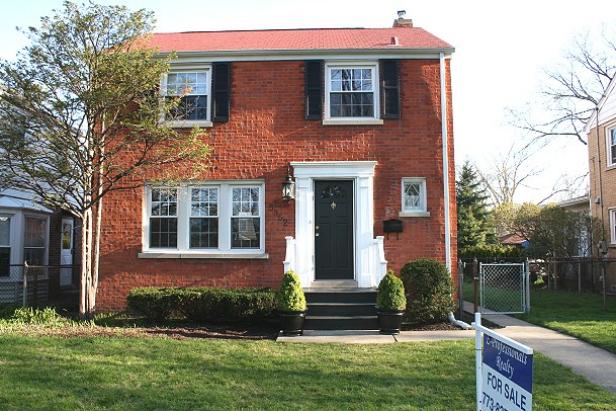Buying and Selling Homes With the Market


No matter what market you're in, a house is only worth what a buyer will pay for it. That said, what buyers are willing to pay varies greatly in buyer's and seller's markets.
Is it a buyer's or seller's market?
Real estate is all about supply and demand. If there are only a few houses for sale, buyers have to compete for the available homes, making it a seller's market. When hundreds of homes are on the market, house hunters dictate the market value, making it a buyer's market.
"A general rule of thumb is if there are six months of available inventory on the market, it's a neutral market. Less than six months is a seller's market, more than six months is a buyer's market," says Jay Thompson, designated Broker at Thompson's Realty in Phoenix, Ariz.
For example, let's say you own a typical 3-bed, 3-bath, 2-story home, and 50 similar homes are sold about every three months in a your area.
"If the market shows that there are 50 similar homes for sale, you should be able to sell at a competitive price within three months, explains Leslie Sellers, president-elect of The Appraisal Institute and appraiser in Knoxville, Tenn. "However, if there are 1500 of those homes on the market, you might have to reduce the price to sell it in three months."
Selling in a buyer's market
Selling in a buyer's market means you've got more competition than the first round of American Idol tryouts. But instead of trying to impress Simon enough for him not to berate you, you have to impress buyers enough to get them through your front door.
The cardinal rule of selling in a buyer's market? Don't overprice your home. When competition is fierce, most overpriced listings don't even get face time from buyers.
"If your home is not among the lowest prices in your area, it might not get any showings," says Elizabeth Weintraub, broker associate at Lyon Real Estate in Sacramento, Calif. "Sellers will get tons of offers if the home is priced right, and that will drive up the price."
In fact, overpriced homes often end up making less money than those that had the right price tag the first time around, because the sellers have to keep lowering the price to chase the market down. So how do you avoid this financial faux pas? Consult an appraiser and three or more real estate agents to find out your property's market value. Remember, all the similar homes in your area are your competitions, including price-slashed foreclosure properties. Brace yourself -- the recommendations might be less than you think.
Still tempted to price it over the appraised value? Take a deep breath or a jog around the block, then decide if you're really ready to sell. Consider putting the sale on hold if you can't accept a lower price. If you really need to get the house off your hands, price it right or prepare to wait, wait, and wait some more.
Buyers in a down market tend to be first-time and second home buyers, rather than flippers looking to make a quick buck on a home. But that doesn't mean they're uninformed, says Brett Brown, President of the Naples Board of Realtors and a Realtor in Naples, Florida.
"Buyers are more educated now," says Brown. "They'll ask for the listing history, and an astute buyer will know that a seller who has been on the market for months is desperate and they can make a lower offer."
While pricing is the most important thing in a buyer's market, it's also important to have your home in the best possible shape to give it the competitive edge.
"Buyers don't need to buy a home that needs paint when they can go down the street and find one that doesn't," says Thompson. "Two or three years ago, there weren't enough houses on the market and buyers would say 'I can paint it myself'...now they don't have to do that."
Don't spend a lot of money on costly remodeling projects -- in a seller's market, you're unlikely to recoup your investment. Instead, fix what's broken in your home and brighten it up with a fresh coat of paint.
Pricing in a seller's market
Buyers are the ones clamoring to be noticed in a seller's market. Property values tend to increase, and that means buyers have more competition from real estate investors looking to flip properties for cash. Sellers usually have higher profits in this market, but Thompson says it can still be difficult to price a home.
"Everybody wants to get every nickel that their house is worth...but selling a home is always, regardless of market, a balance of how fast you want to sell and how much you want to sell it for," says Thompson.
If you need a certain amount of money out of your home but don't need to move in a hurry, you might price a home slightly over market value in a seller's market. You may wait a little longer to sell, but you'll squeeze every cent of value out of the property. A seller with a home worth $250,000 might price it slightly under its value in order to sell quickly and move on in a hurry.
Homes that are priced correctly should sell within 30 to 60 days in any market. If it's not selling, ask yourself why. Is your home in good condition? Is it a desirable location?
Is your cornucopia-themed kitchen wallpaper attractive to buyers? If the answer is no, adjust your home or price accordingly -- or prepare to stay put.
"Either you want to conform to the market, or you're not a seller," says Weitraub. "You're just someone with a sign in the yard."













































